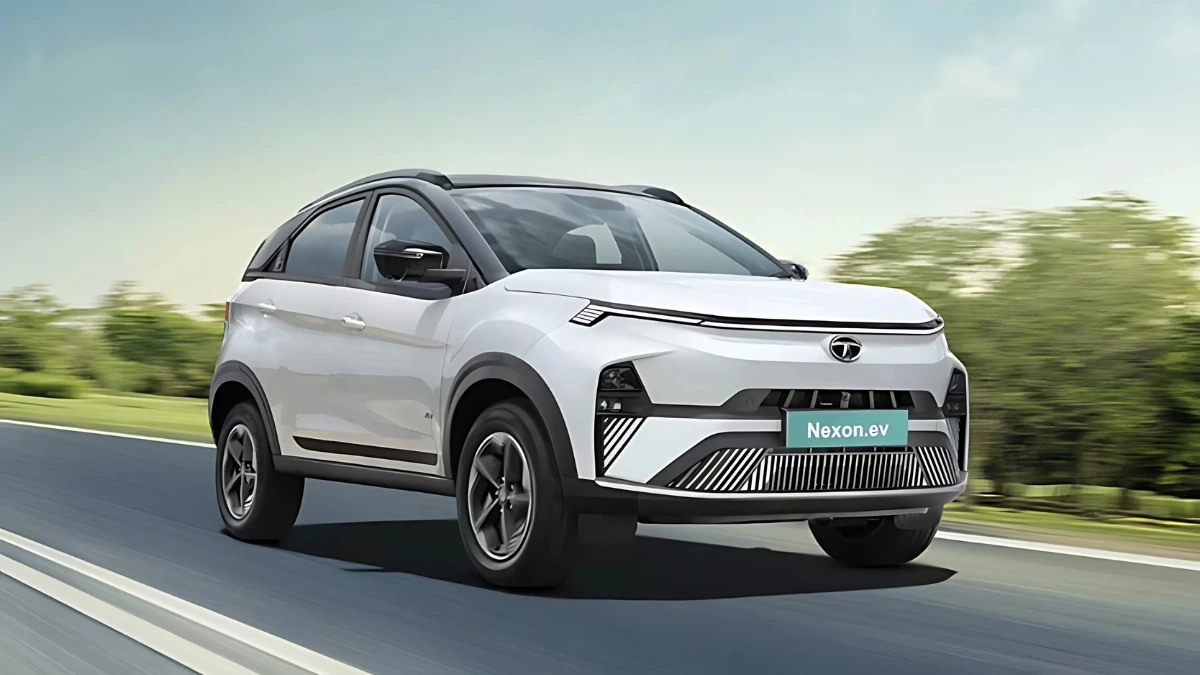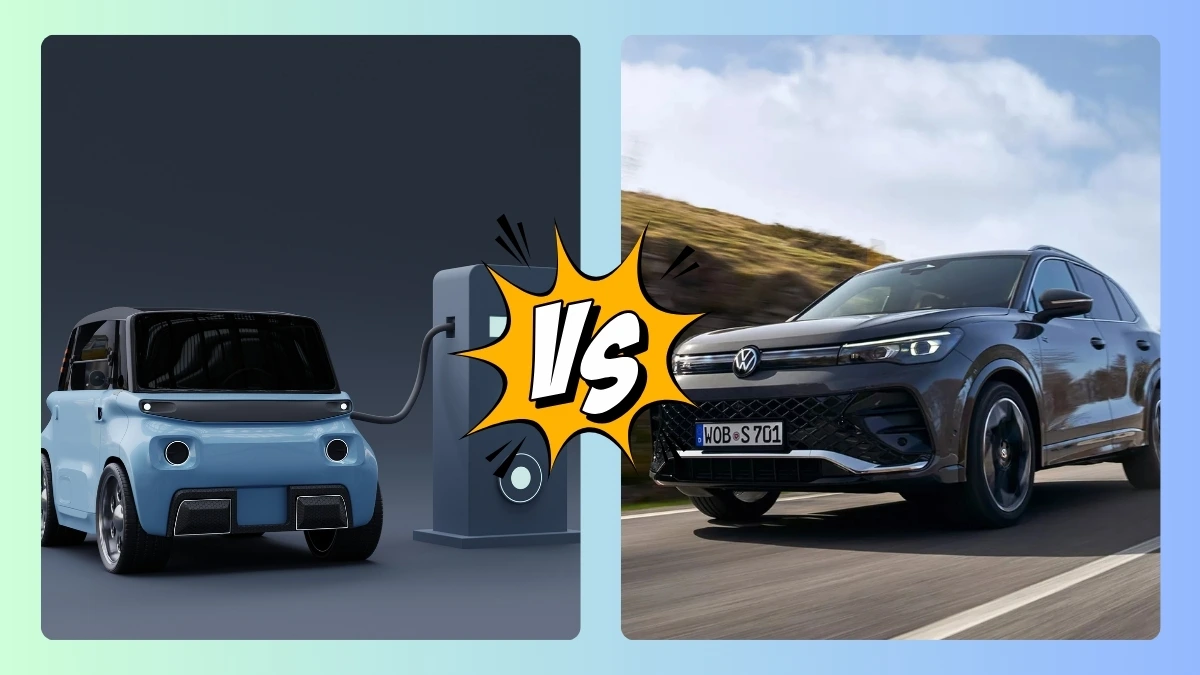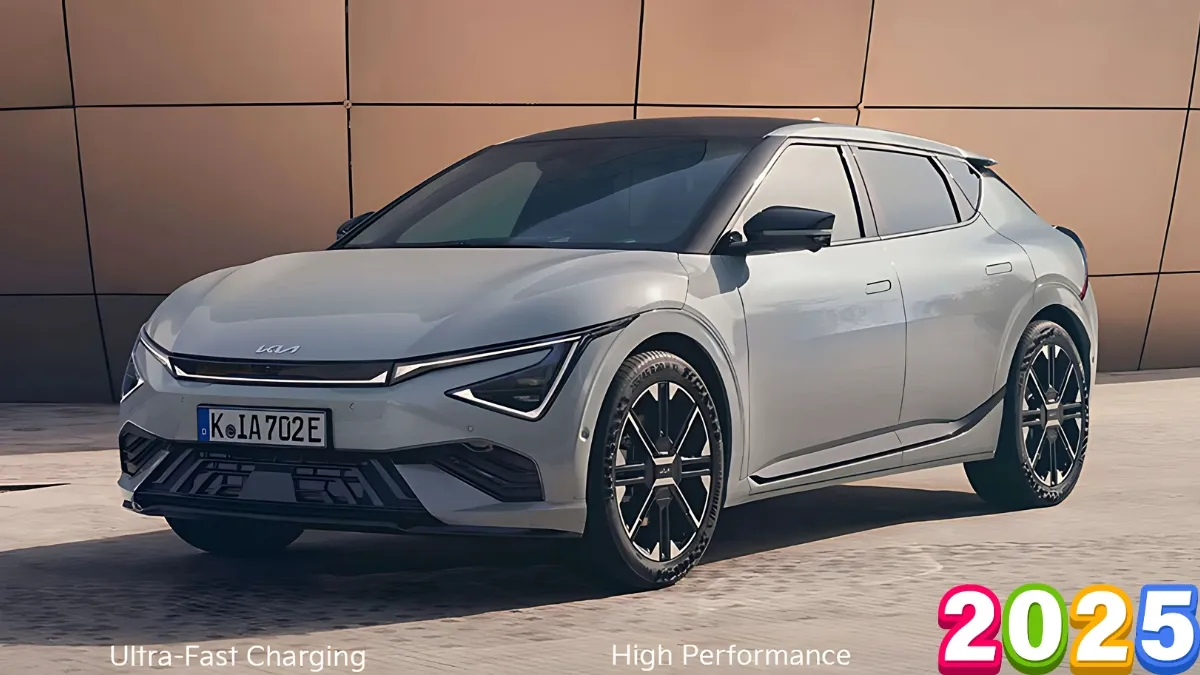Nowadays, buying a car is not as easy as before, especially when it comes to electric cars (EVs) and petrol cars. Both have their advantages and disadvantages, which are very important to know before buying a car. Seeing the increasing pollution and rising prices of petrol and diesel, people have started wondering whether electric cars are the future or whether petrol cars will remain a reliable option.
If you are also confused about this, then this article is for you. We will explain the difference between the two cars, their price, and their utility in simple language so that you can make the right decision.
Everyone’s needs are different. Some people drive a car every day to go to the office or for small tasks, while some need a powerful car for long journeys. Electric cars are good for the environment and their running cost is also less, but their price and charging problem raise many questions. On the other hand, petrol cars are cheaper and petrol pumps are available everywhere. So let’s talk about these two cars in detail and understand which one will be better for you.
EV Cars vs Petrol Cars: Price and purchase
The biggest difference between EVs and petrol cars is their price. Electric cars are expensive because they use batteries and new technology. For example, the price of a Tata Nexon petrol car is around Rs 8-10 lakh, while the price of a Tata Nexon EV goes up to Rs 14-16 lakh. Obviously, this difference in price can be heavy on your pocket. However, the government gives subsidies on electric cars, which can reduce their price a little.
On the other hand, petrol cars are cheaper to buy. They have been in the market for a long time, so there are more models and lower prices. If you are on a budget, a petrol car may be a better option for you. But later on, the maintenance and fuel costs may be higher, which we will discuss later.

Running cost – which one will be cheaper?
The cost of running EV cars is much less than petrol cars. Because they are charged with electricity, their cost is much less than petrol.
Suppose, you drive 50 km daily. If the price of petrol is Rs 100 per liter and your car has a mileage of 15 km per liter, then your daily expenditure will be around Rs 333. The monthly expenditure can be more than Rs 10,000.
Now if we talk about EV, if the rate of electricity is Rs 7 per unit and 30 units are used for one-time charging, then one can travel up to 300 km in Rs 210. That means the daily expense will be only Rs 35.
Petrol cars can cost a lot more in the long run as petrol prices keep rising and mileage can also decrease over time. So, if you use the car daily, an EV can be a cheaper option for you.
Maintenance and Service
EV cars have a motor instead of an engine, which has fewer parts. This also reduces their maintenance and servicing costs. You don’t have to worry about things like changing the oil or getting the clutch repaired. Usually, the annual service cost of an EV can be around Rs 5,000.
However, the battery of an EV can be a big expense. The battery may need to be replaced after 8-10 years, and it can cost around Rs 4-5 lakh.
On the other hand, petrol cars have more parts, such as the engine, gearbox, clutch, etc. Their servicing cost can go up to Rs 10,000-15,000 annually. Moreover, as the car gets older, the repair cost can also increase.
If you want a low-maintenance car, an EV can be a good option, but the cost of its battery may be a cause of concern for you.
Environment and Performance
EV cars are very good for the environment as they do not emit smoke and do not cause pollution. If you are concerned about the environment, then EV cars can be a better option. Also, they are smooth to drive and do not make any noise.
On the other hand, petrol cars emit smoke, which increases air pollution. Petrol cars are good in terms of performance, but their fuel consumption is high.
EV cars have a range of 300-400 km on a single charge, while petrol cars can run up to 500-600 km on a single tank. If you go on long journeys a lot, a petrol car may still be a better option.
Charging vs fuel – which option is more convenient?
Charging EV cars takes time at least 4-6 hours. At the same time, charging stations are not available everywhere, especially in small towns. Even setting up a charging setup at home can cost up to Rs 50,000.
On the contrary, you can fill up a petrol car tank in just 5 minutes and start your journey. Petrol pumps are easily available everywhere. If you have to travel a long distance, a petrol car will prove to be more convenient.
Which car is right for you?
If you live in a city and drive 50-100 km daily, an EV car could be a cheaper and more environmentally friendly option for you, provided your city has charging facilities.
But if you frequently travel long distances or there are limited charging stations in your area, a petrol car is still a more reliable option.
Both cars have their own pros and cons. Ultimately, your budget, your needs, and your concern for the environment will determine which car is right for you. So, make a wise decision because buying a car is a big investment and it is something that will stay with you for many years.






